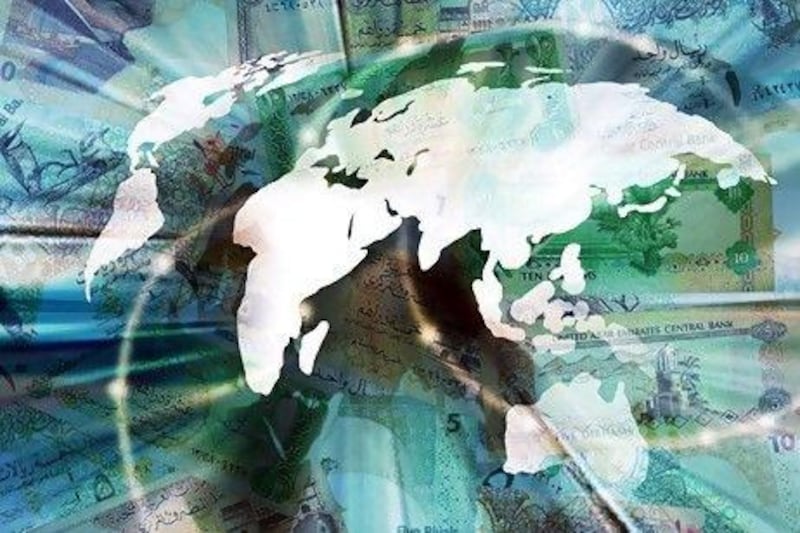In contrast to trends in global markets, the Middle East private-equity sector has not yet meaningfully recovered from the financial crisis.
This lag is caused by factors such as regional political unrest, huge amounts of uninvested capital and the fact that target companies, known as limited partnerships, have become increasingly suspicious of the fees and "value-add" of investors, also known as general partners.
In addition, private-equity investors have limited option to exit from their investments because stock markets are sluggish, there is an unfavourable environment for initial public offerings, and a mismatch between valuations of sellers and buyers.
We foresee a shakeout in the Middle East private-equity industry, resulting in a smaller population of more concentrated, sophisticated and agile firms.
For the rest of the world, private equity began this year in the grip of the powerful forces unleashed by the global credit crisis, reinforced by recession and cemented in place through last year's uneven recovery.
But there are clear signs that the "animal spirits" are beginning to return.
The dynamics unleashed by the financial market meltdown, recession and tentative recovery are affecting every aspect of the private-equity "life cycle" - from fund-raising and deal-making to portfolio management, exits and returns.
The new year got under way on the heels of a pickup in deal activity that accelerated through last year.
General partners are optimistic about this year; a recent survey reveals that they overwhelmingly expect deal activity to improve through to the end of the year.
Economic uncertainty still looms, and could easily derail that recovery, but the fundamentals look positive and demand is picking up. Active private equity firms are loaded with nearly US$1 trillion (Dh3.67tn) in dry powder, and they are hungry to do deals. According to Bain & Company analysis, this uninvested capital targeted for buyouts is sufficient to fuel three-and-a-half years of deal activity.
With the pace gaining momentum, the sheer volume of uninvested capital is not the foremost concern for the industry. The bigger worry is that much of the dry powder is in the hands of general partners that, facing increasing pressure to invest, may not do so in a disciplined way.
Bain's segmentation of private equity funds and dry powder targeted for buyouts found that 55 per cent of it is parked with partners whose funds are nearing the end of their investment periods.
And nearly half of the reserves - more than $110 billion, or about one quarter of all dry powder slated for buyouts, by Bain's estimate - are held by general partners with below-average performance track records.
Large amounts of capital in the hands of pressured general partners willing to take risks could have spillover effects on the broader private-equity market, as these compete fiercely for deals and drive up prices in the process.
There is a way out of the cul-de-sac for pressured general partners - go to their limited partnerships and seek fund extensions to draw out the investment period.
Jochen Duelli and Alexandre DeMol are leaders of Bain & Company's private equity group in the Middle East





